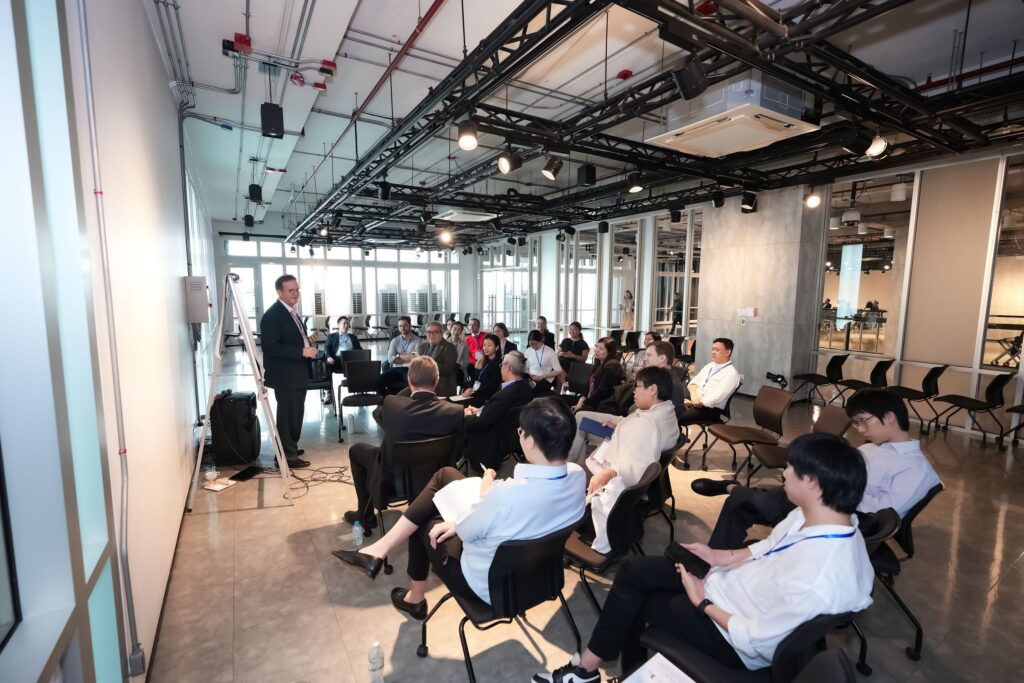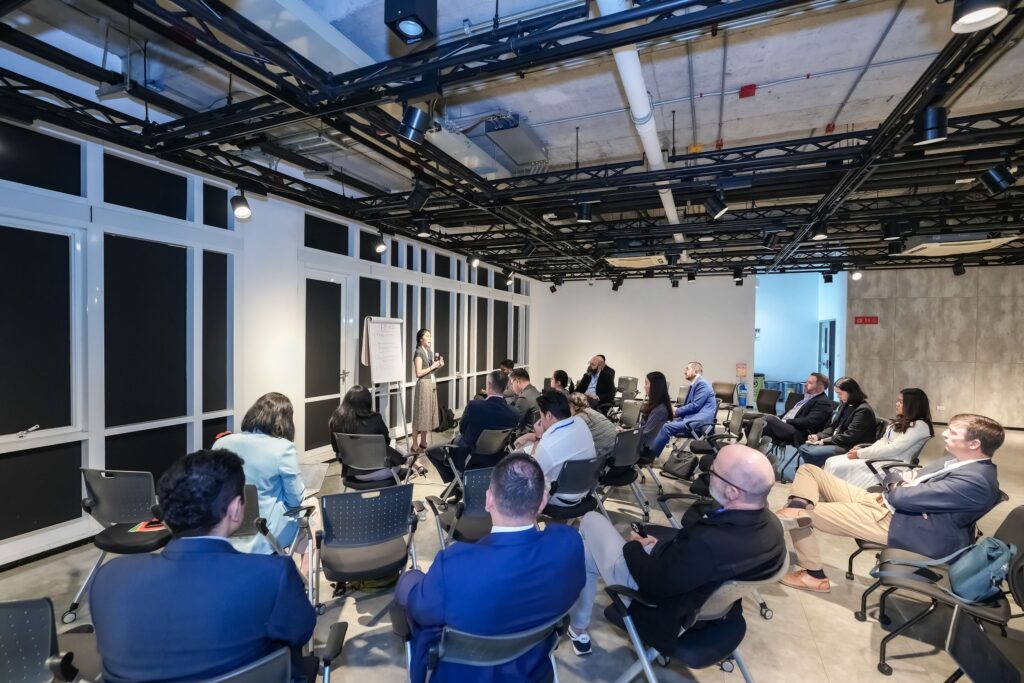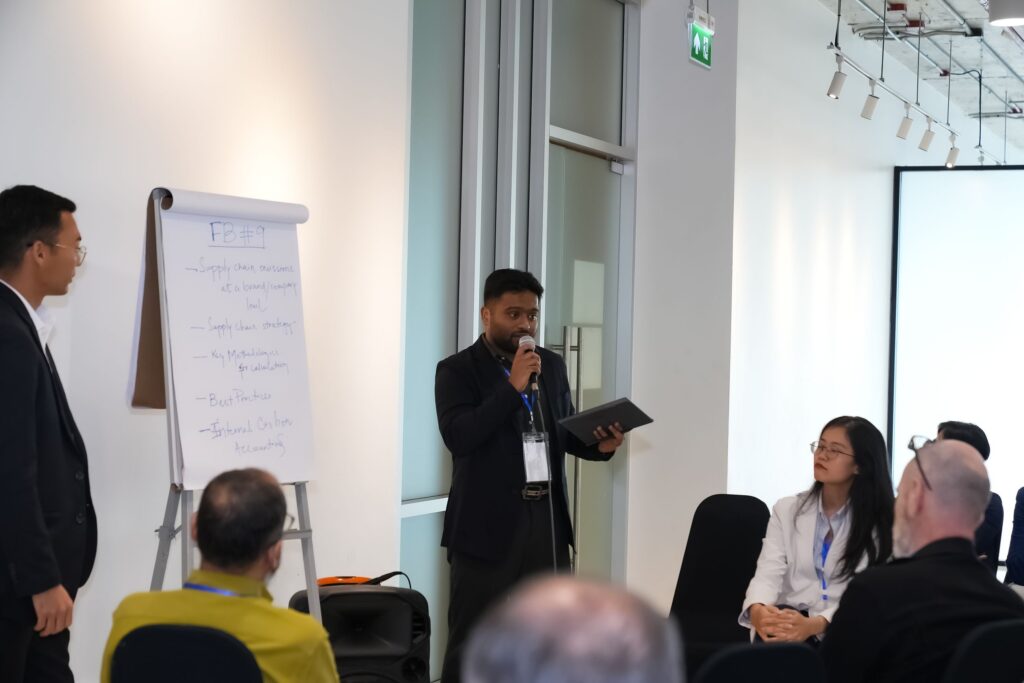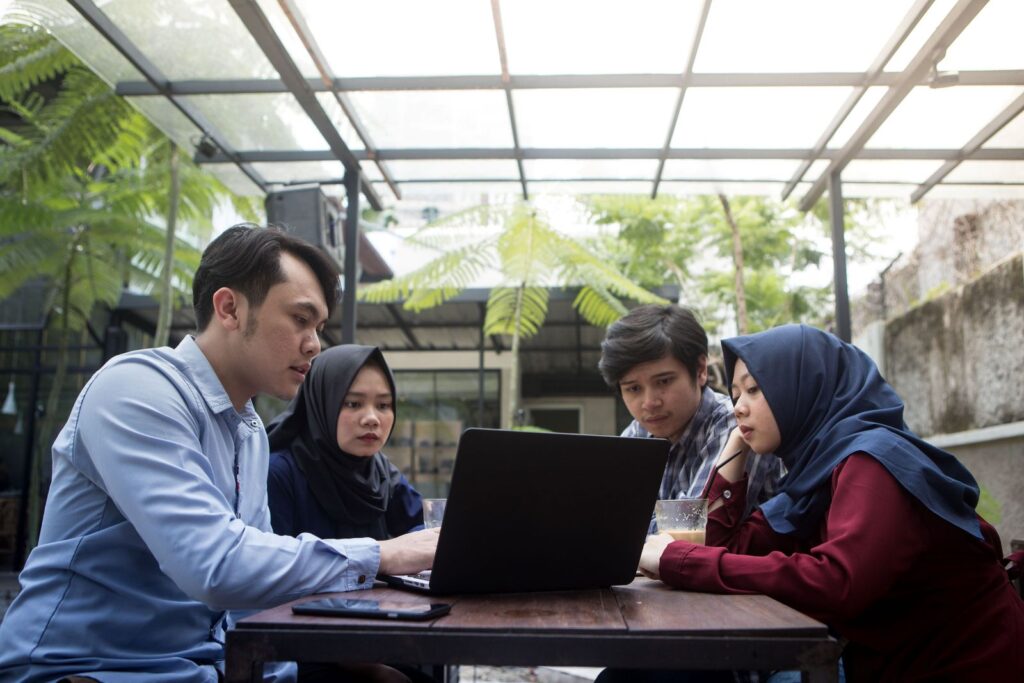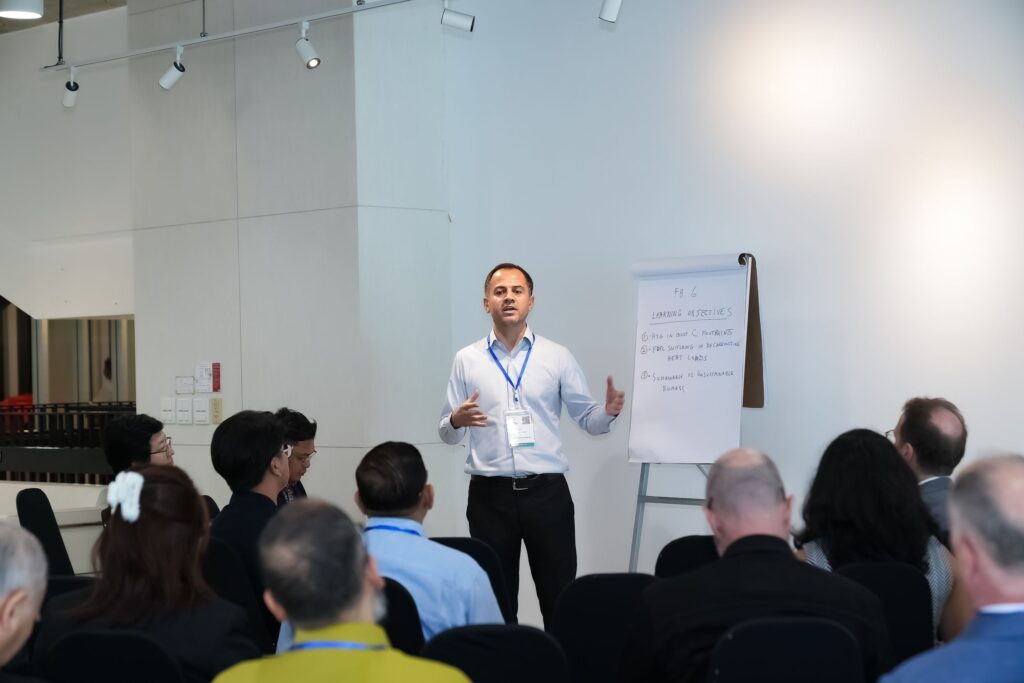
Fueling the Future: Tackling Renewable Heat and Fuel Switching in Southeast Asia
Industrial heat is one of the toughest decarbonization challenges in Southeast Asia. This blog draws from CDx Launch Event insights to explore fuel-switching strategies including biomass, heat pumps, green hydrogen, and waste-to-energy. It breaks down the trade-offs, technology limitations, and financing barriers, especially for SMEs, and points to practical tools and partnerships that can help companies reduce heat-related emissions while boosting resilience.



![[CDx 2024] Decarbonization and Corporate Priorities Why One Size Doesn't Fit All](https://www.seasia-cdx.com/wp-content/uploads/2025/06/CDx-2024-Decarbonization-and-Corporate-Priorities_-Why-One-Size-Doesnt-Fit-All-1024x683.jpg)
